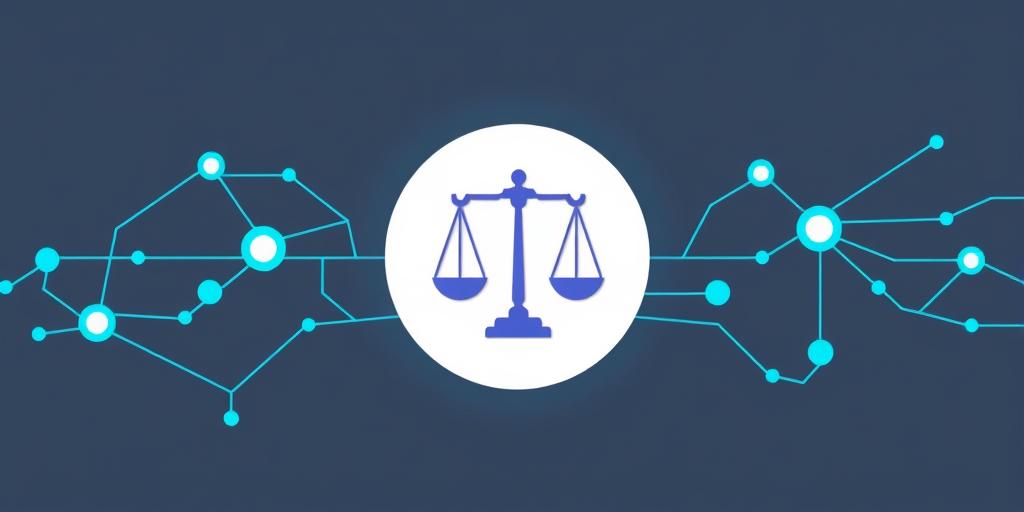Hey everyone! Let's talk about Section 230. I know, I know, it sounds super boring, like something you'd find buried in a legal textbook. But trust me, this thing is HUGE, especially if you care about the internet as we know it.
So, what is Section 230? In a nutshell, it's a part of the Communications Decency Act of 1996 that protects online platforms from liability for what their users post. Think about it – without Section 230, every time someone tweeted something offensive, Facebook had a comment that crossed the line, or YouTube hosted a video that caused trouble, those companies could get sued into oblivion.
Now, let's be real, the internet would be a VERY different place without it. Imagine every small comment section needing a team of lawyers to monitor, every social media post needing pre-approval. It'd be a nightmare! It would also stifle free speech and innovation – which, let's face it, is kind of the whole point of the internet, right?
But here's the thing – Section 230 is constantly under fire. People argue that it shields platforms from taking responsibility for harmful content, like misinformation and hate speech. Others say it's essential for protecting free expression and the open flow of information. It’s a pretty intense debate, you know?
I'm not going to pretend I have all the answers (because who does?), but understanding Section 230 is key to understanding the current state of the internet. It shapes how platforms moderate content, how they deal with problematic users, and even how they design their services. It's a fundamental part of the digital landscape, whether you realize it or not.
So, what do you think? Is Section 230 a necessary shield, or a dangerous loophole? Have you ever thought about its implications before? Let's chat in the comments below!









